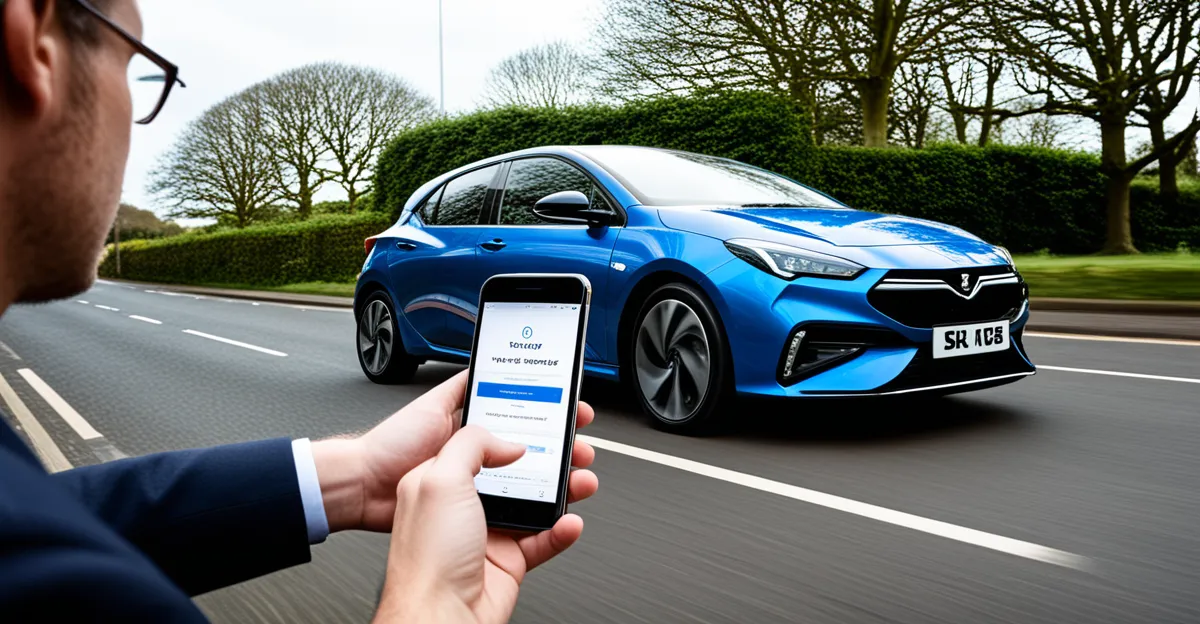Key Trends Shaping Car-Sharing Services in the UK
Urban transportation shifts in the UK are increasingly influenced by rising urbanisation and a growing demand for sustainable mobility solutions. As city populations expand, traditional car ownership models are becoming less practical, prompting more people to turn toward car-sharing options. This shift reflects broader UK car-sharing trends emphasizing convenience and eco-friendliness.
Digital platforms and mobile apps play a pivotal role in these mobility innovations. Seamless app-based access allows users to easily locate, reserve, and unlock shared vehicles, enhancing user experience and operational efficiency. These technologies also enable flexible, on-demand mobility, which aligns perfectly with urban lifestyles.
In the same genre : How are UK automakers responding to the rise of autonomous vehicles?
Environmental regulations, such as the implementation of low emission zones (LEZ), further drive the adoption of car-sharing services. These regulations restrict high-polluting vehicles in city centres, nudging consumers and providers toward cleaner, shared transport options. Car-sharing fleets often incorporate electric or low-emission vehicles, aligning with regulatory goals and consumer preferences for greener alternatives.
In summary, UK car-sharing trends are shaped by urbanisation, innovative digital tools, and stricter environmental policies, together propelling a transformative shift in how residents navigate cities sustainably and efficiently.
Also to discover : What Are the Challenges Facing the UK’s Automotive Sector?
Data and Forecasts: Growth Projections for UK Car-Sharing
Understanding the car-sharing market forecasts UK requires examining current adoption rates and historic growth patterns. Over recent years, the UK car-sharing market has experienced steady expansion, driven largely by urban population increases and rising demand for flexible transport. Reports indicate year-on-year growth averaging between 10% and 15%, reflecting growing consumer trust in shared mobility.
Industry experts forecast that by 2030, penetration of car-sharing services could reach double-digit percentages among urban populations. This projection is supported by continued urban densification and the acceleration of mobility innovations, including improved digital platforms that enhance user experience and operational efficiency. The integration of mobile apps simplifies vehicle access, contributing to higher adoption rates.
Key metrics from recent industry reports highlight a surge in registered users and shared vehicle fleets across major UK cities. These data points underline an expanding market with increasing usage frequency per user. Furthermore, regulatory encouragement for sustainable transport modes, such as incentives for low-emission vehicle inclusion, boosts market activity.
In sum, the industry growth statistics paint a positive outlook, with car-sharing poised to reshape urban transportation by providing a convenient, eco-friendly alternative to private car ownership in the UK.






